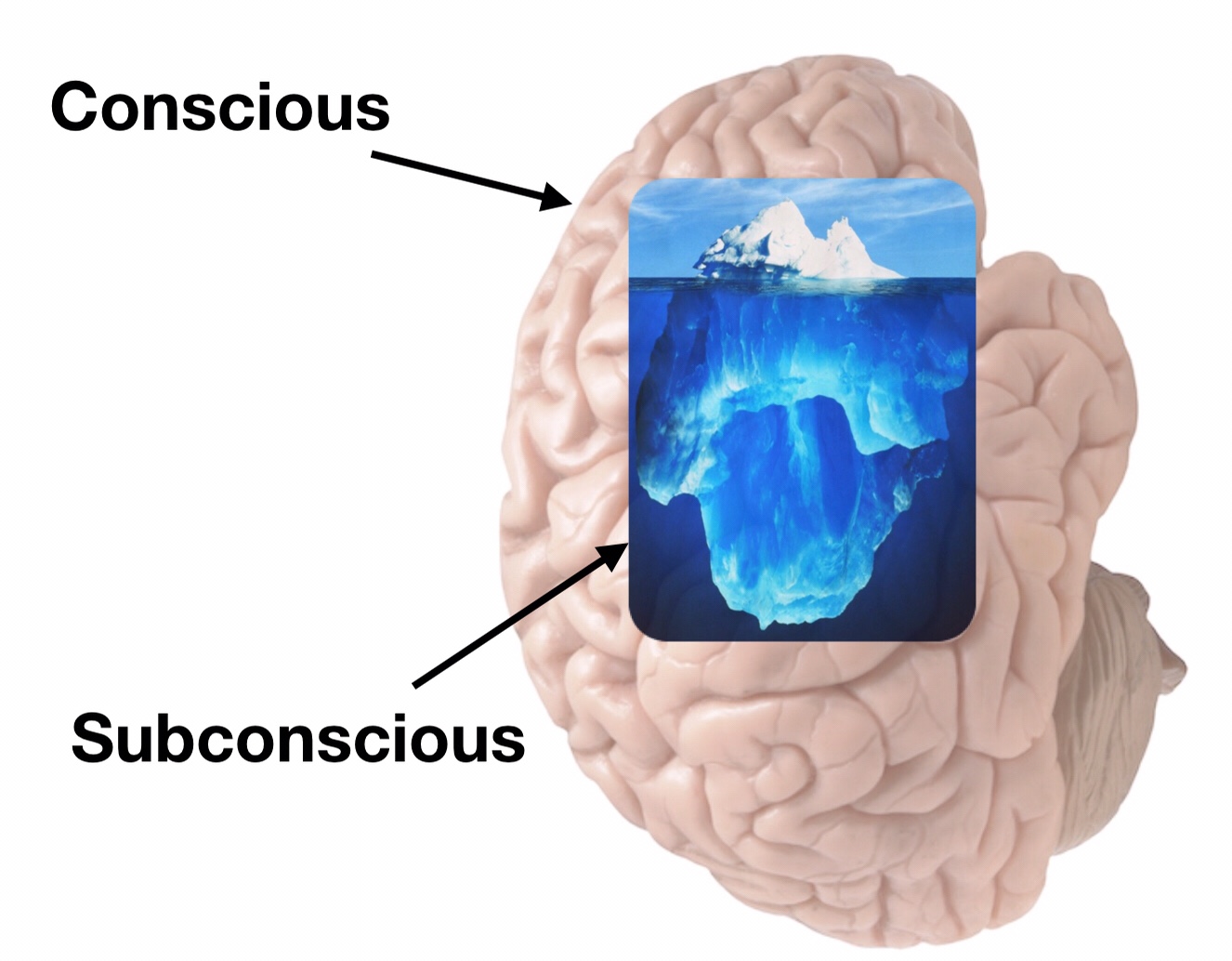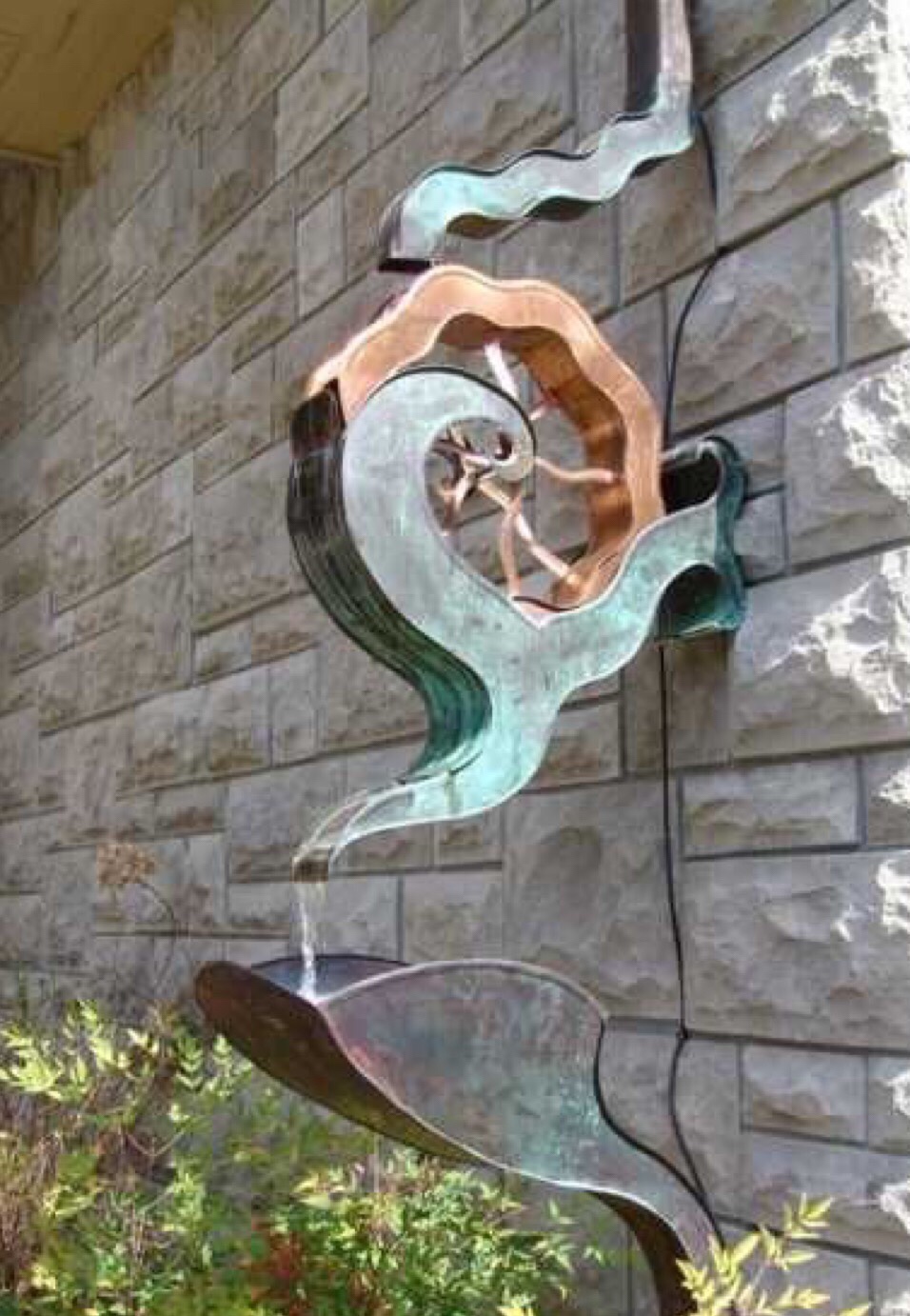
Author Archives: jared
Rain Chains



Rain chains provide a useful image of how neurons work.
Neurons link information to actions.
- Actions can be thoughts (neurons activation), emotions (hormone release) or movement (motor neuron activation).
Rain chains provide reminders that:
- Acts, words, emotions and thoughts are triggered by sensations (sights, sounds, touch, taste, smells).
- Sensations accumulate over time. A lot of individual drops on the roof combine to form the water at the bottom of the rain chain. Actions link back to sensations but it may take some work to tease out the link. The original sensation may be a very weak signal and there may be a long delay between signal and action.
- The sensations we’re exposed to, the books we read, the shows we watch, the music we listen to, the sights we see, the things we hear, the people we’re around; all impact how we act, what we say and what we believe.
Icebergs
Explorers & Natives
- Tony Hsieh
- Jeff Bezos
- Nassim Nicholas Taleb
- Daniel Coyle
- Adam Grant
- Scott Adams
- Ben Thompson
- Tiago Forte
What we argue over
We argue about signals, interpretation & effort
By “we” I mean all of us.
You and I aren’t arguing. We get along great.
We as people argue a lot.
When people argue it comes down to three things: signals, interpretation and effort.
Dan Roam in his brilliant book The Back of the Napkin provides a remarkably clear explanation of how we take in information.
We’re visual creatures. Even if we’re listening to information we’re “picturing” six things:
1) Who / What
2) How many
3) Where
4) When
5) How
6) Why
After we take in information, especially if it’s the same information, we argue about signals (who/what, where and how many), interpretation (how and why) and we argue about effort (what should be done next and how much blood and treasure should be spent doing it).
Depending on attention and experience people will see different details of who/what is in a scene. Two people will look at the same scene and see different numbers, different locations and perceive different timelines and orders.
“How” is an interpretation of cause and effect. It’s a story we start telling ourselves about cause & effect relationships based on how the whos/ whats, the numbers of the whos/ whats and the location of the whos / whats change over time.
We take the story a step further with “why?” “Why?” is an interpretation of meaning, a reason behind the cause.
We see different things, argue about what we saw, get frustrated with different interpretations and then argue about what to pay attention to and what to do next.
Collaboration
https://www.mckinsey.com/business-functions/organization/our-insights/safe-enough-to-try-an-interview-with-zappos-ceo-tony-hsieh
Signals
Healthcare
https://www.nytimes.com/2020/06/08/business/hospitals-bailouts-ceo-pay.html
both the doctor and the patient have skin in the game, though not perfectly, but administrators don’t—and they seem to be the cause of the troubling malfunctioning of the system.
A doctor is pushed by the system to transfer risk from himself to you, and from the present into the future, or from the immediate future into a more distant future.
From Skin in the Game by Nassim Taleb
I suspect many primary-care practitioners will want to ignore this new target. They understand the downsides of the relentless expansion of medical care into the lives of more people. At the same time, I fear many will be coerced into compliance as the health care industry’s middle management translates the 130 target into a measure of physician performance. That will push doctors to meet the target using whatever means necessary — and that usually means more medications.
Don’t Let New Blood Pressure Guidelines Raise Yours
https://nyti.ms/2hCfGMV
Trump Team Killed Rule Designed To Protect Health Workers From Pandemic Like COVID-19 –
https://www.npr.org/2020/05/26/862018484/trump-team-killed-rule-designed-to-protect-health-workers-from-pandemic-like-cov
https://www.nytimes.com/2020/05/25/business/coronavirus-hospitals-bailout.html
https://www.washingtonpost.com/nation/2020/06/01/americans-are-delaying-medical-care-its-devastating-health-care-providers/
Derek Sivers Now Page
The “Now” page is a concept I learned from Derek Sivers.
The “Now” page is an easy way to share what I’m up to and it’s a great tool for setting and maintaining priorities.
Here’s the link to Derek’s page on the Now Page Movement:
https://sivers.org/nowff
Here’s a link to my now page:
http://jaredeast.com/now/
Here’s a summary of my ‘Now’ page:
Focus:
▪Understanding how people think, how our bodies work and how we relate to each other.
Current Efforts:
▪Tribes: Technology & Conflict
▪Brains & Tribes: Sharing Information & Accelerated Learning
▪Brains & Tribes: A Strategy for Living
Links, Layers and Labels
The Concept:
- Neurons link information together.
- Information is stored in layers. Different layers have different levels of detail.
- Labels are used as shorthand for layers of details on links between information.
Knowledge, Wisdom and Skill
- Knowledge is links between information.
- Wisdom is an understanding of context specific value.
- Skill is the ability to link information and action to produce specific outcomes.
References / Sparks
- Culture Code – Dave Cooper & AARs
- Creativity Inc. – Brain Trust
- Never Split The Difference
